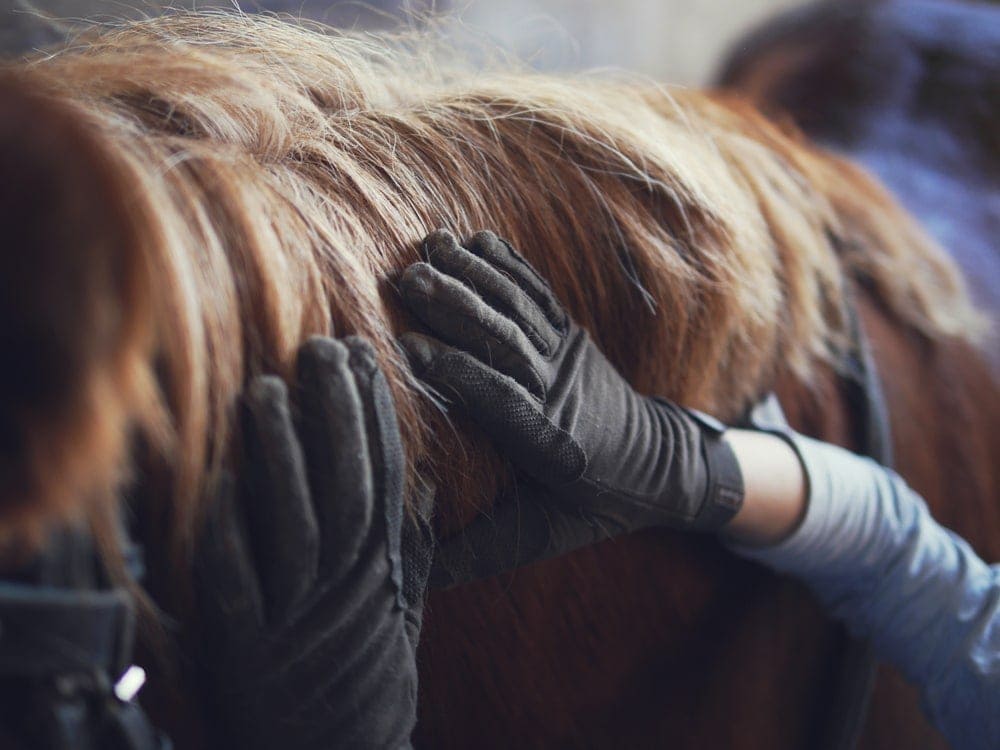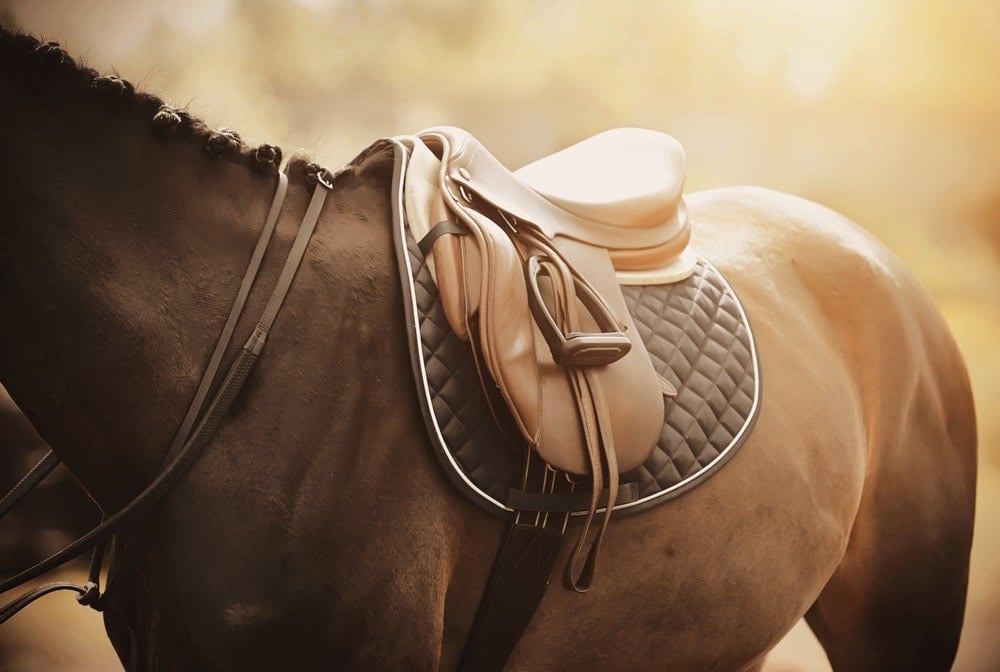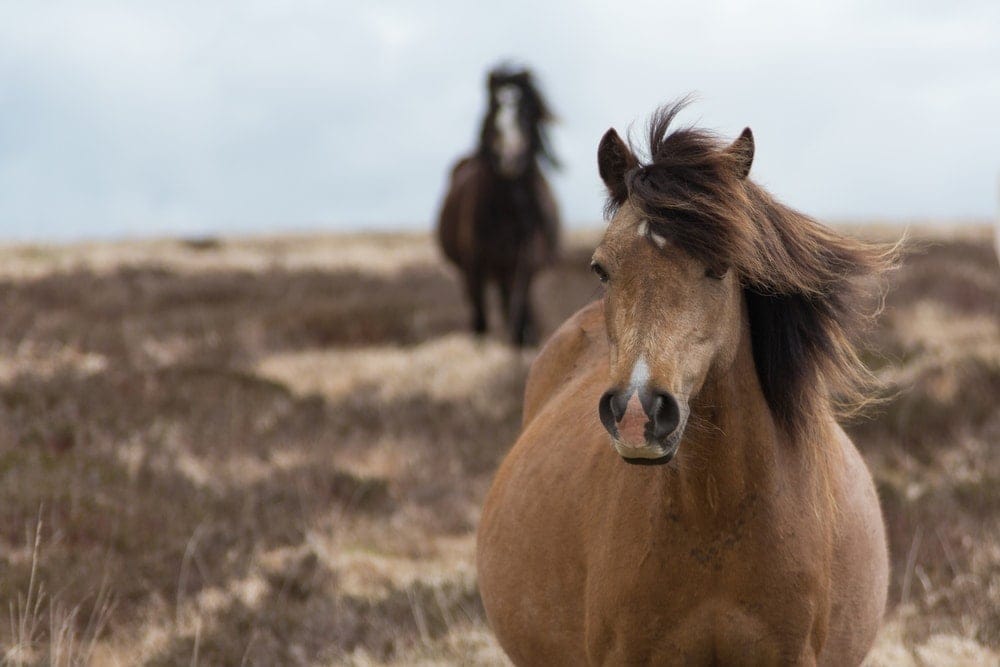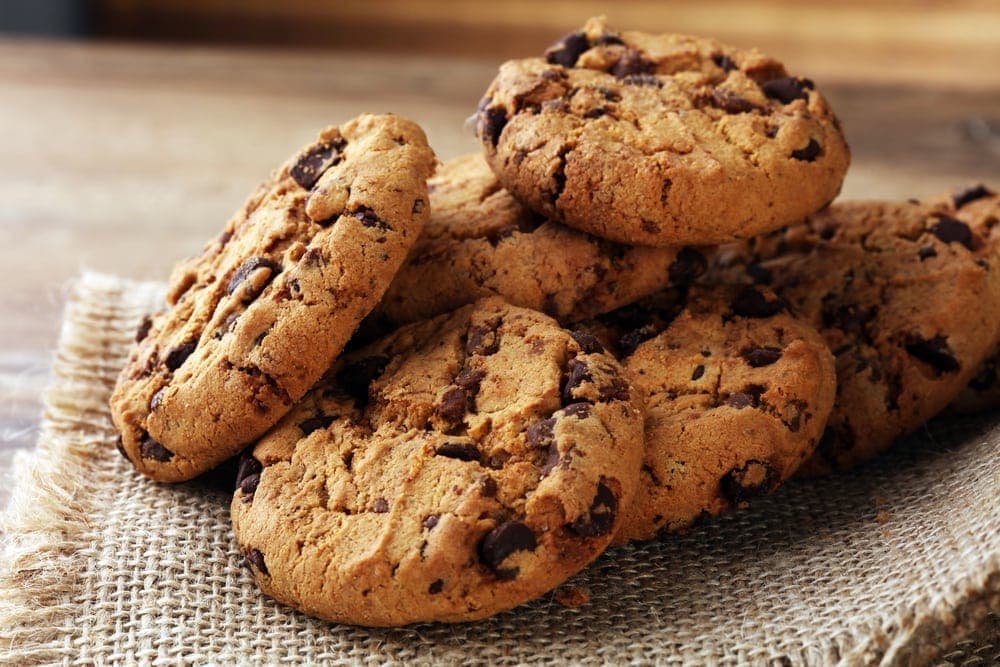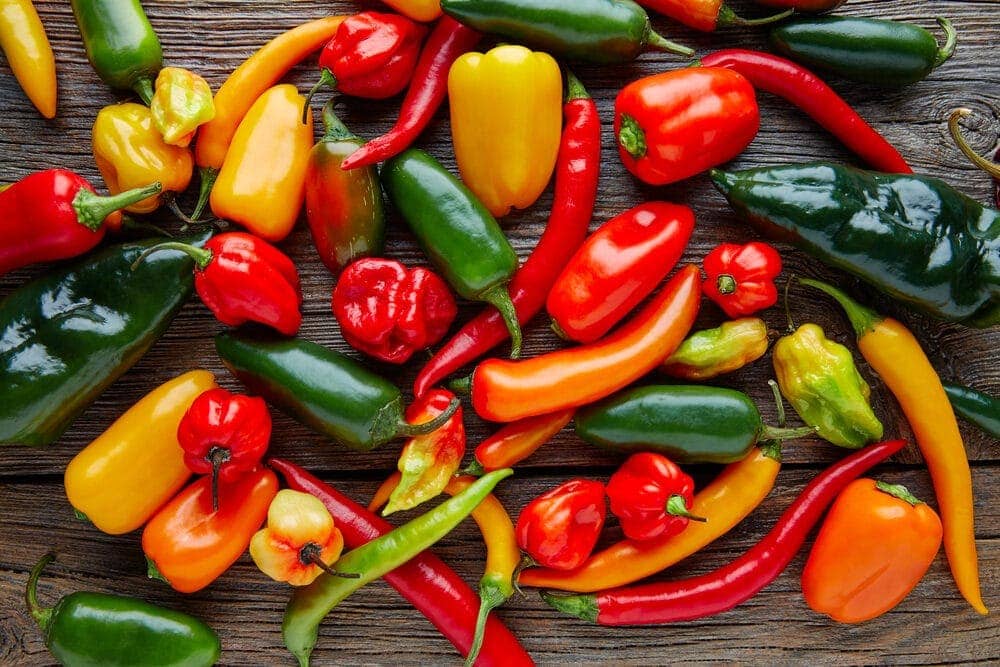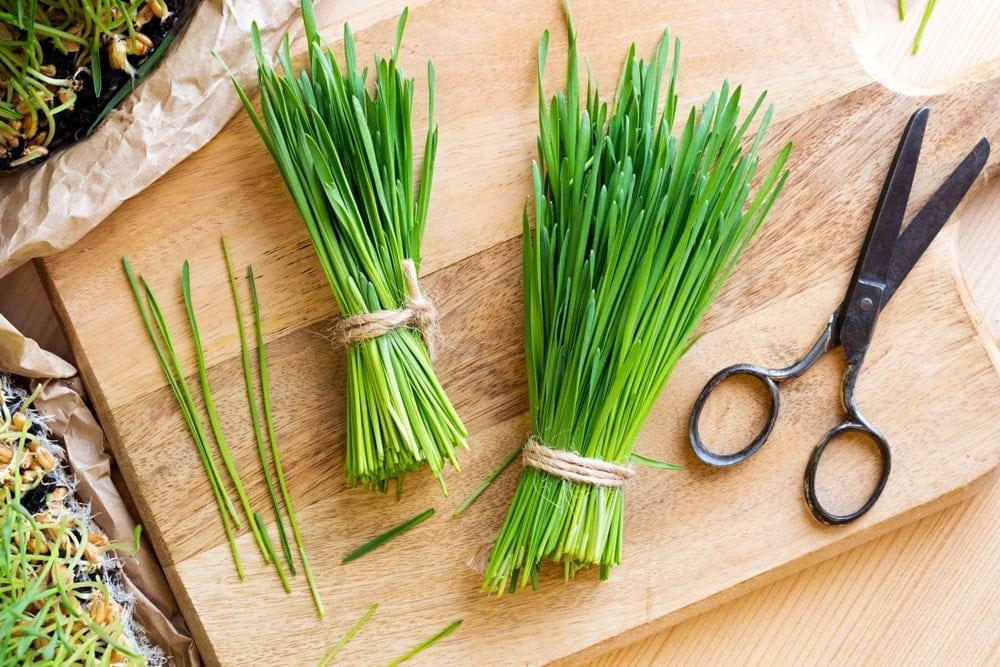If you love honey and want to give some to your horse, there are a few things you’ll need to know first.
There is a lot of talk about this food in relation to horses, but chances are you don’t have all the facts.
Is Honey Safe for Horses?
Honey is not considered to be inherently toxic or dangerous for horses to eat. In fact, there are a lot of potential health benefits of giving your horse this food. It is completely natural, but it can contain certain things that your horse should only have in moderation.
Benefits of Honey for Horses
There are many potential benefits of giving your horses honey that you should be aware of.
1. Anti-Inflammatory Properties
Honey has certain anti-inflammatory properties that can help the body heal faster. This can be very helpful with a number of conditions that afflict horses, including arthritis. There are actually quite a few inflammatory ailments that these animals can develop, especially as they get older.
Numerous studies have revealed that honey can help reduce inflammation in a very noticeable way. If you want to provide your horse with relief from pain, it is important that you keep this in mind.

2. Antibacterial Properties
There are also a number of things in honey that make it at least somewhat effective at combating bacteria. A simple bacterial infection in a horse can quickly become far more serious. This is why it is so important that you do everything to get it under control fast.
The acidic nature of honey can help reduce the chances of a bacterial infection when your horse has a wound. It does this by basically minimizing the pH of the wound’s surface. The less likely your horse is to get an infection, the healthier they will be when injured.
3. Smoother Digestion
Giving your horse honey can actually help with its digestion. If they have digestive issues, even a little bit of this food can work wonders. Studies have revealed that manuka honey in particular is good for equine digestion. Make sure that the honey has a minimum UMF of 10.
Tips for Giving Your Horse Honey
There are certain tips that you’ll want to keep in mind when it comes to giving your horse honey. These tips can help you keep your horse as healthy as possible while allowing them to enjoy the numerous benefits of this natural food.
1. Look at the Nutritional Facts
Before you choose a certain type of honey to give your horse, it is important that you look at the nutritional facts. You’ll only want to give your horse natural honey with minimal preservatives or additives. This will ensure that they get the benefits this food has to offer without any negative side effects.
Take a look at how much sugar is in the honey before giving any to your horse as well. These animals shouldn’t have a lot of sugar in their diet, so you need to keep that in mind. Certain types of honey that are sold in stores are loaded with sugar, which isn’t good for your horse.
2. Practice Moderation
You should only give your horse honey as a rare treat or if they really need it. For example, they have a wound and you want to prevent a bacterial infection. It is not a good idea to feed your horse honey on a regular basis. This can result in excess weight gain, which is not good for their overall health.
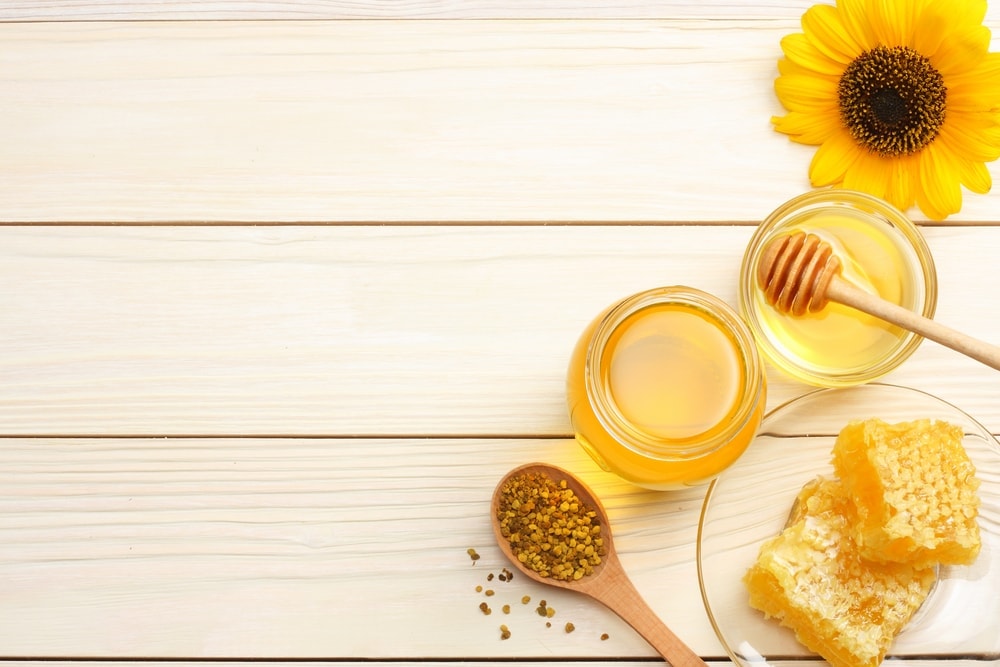
3. Using Honey for Wounds
If you are going to use honey on a small wound that your horse has sustained, you’ll need to be aware that flues may be attracted to it. You also have to keep in mind that there are all sorts of things that will stick to the honey.
There are certain gels that have honey in them but aren’t incredibly sticky. You’ll want to consider using one of these gels if you’re trying to prevent infection with a wound your horse has.
If you are using honey on a large wound on your horse, you will want to keep it covered up. By keeping a bandage on the wound, the honey will be able to do its job even better. It will keep the honey firmly pressed against the wound, which is important.
4. Give Them a Little Bit at First
When you give your horse honey to eat for the first time, you should only give them a little bit. It is crucial that you keep a close eye on them to see how they react. If it seems like they don’t enjoy the taste, don’t try giving it to them again.
While it is very unlikely that your horse will have a negative reaction to the honey you give it, there is always a chance. It is therefore a good idea to see how your horse reacts by closely monitoring it for the first several hours after it ingests this food.
If you notice any vomiting, diarrhea or other strange behavior from your horse after eating honey, you should contact your vet immediately.
Conclusion
- Honey is not considered to be inherently toxic or dangerous for horses.
- This food has powerful anti-inflammatory properties that can be helpful for horses with arthritis and other conditions.
- The antibacterial properties that honey also possesses can be beneficial to your horse if it has a wound.
- Applying a small amount of honey to your horse’s wound can reduce the chances of a bacterial infection while promoting healing.
- There is a good amount of data to suggest that manuka honey can be highly beneficial for equine digestion.
- If you apply honey to a large wound on your horse, you’ll want to keep it covered up. Consider using a gel with honey that isn’t very sticky.
- If you give your horse honey to eat for the first time, keep a close eye on them.
- If you think your horse is having a negative reaction to honey, do not hesitate to call your veterinarian.




